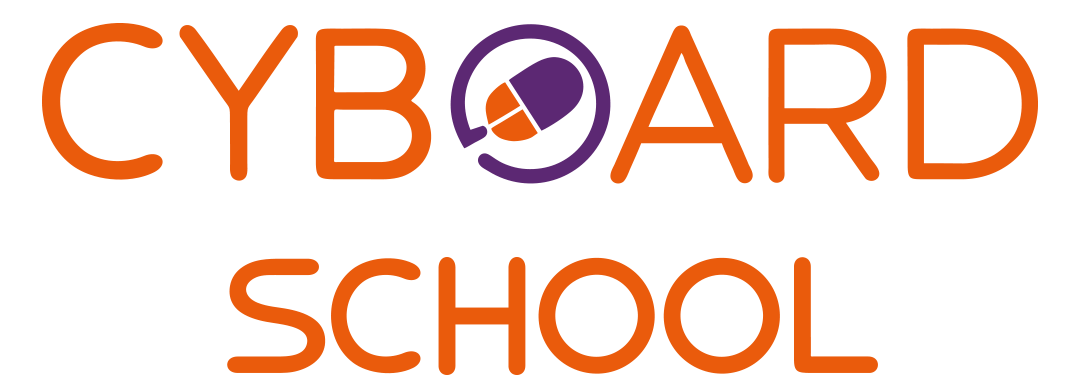I am authoring books right now, and while writing books, it is very critical to understand the use of tools for assessment because that is what will decide that whatever has been taught has been taught well. Of late, there has been a lot of pressure to include multiple-choice questions. So I needed to assess what all tools were to be used.
Multiple-choice questions are widely used tools for assessment in various educational and professional settings. While alternative assessment methods are available, MCQs offer several distinct advantages that make them a popular choice. As an author of Math books, I have a lot of pressure to include MCQs in my books, so I wanted to thoroughly explore whether MCQs are an effective tool for assessing children.
- Objectivity and Reliability: One of the primary advantages of MCQs is their objectivity and reliability in scoring. Since MCQs have predefined correct answers, they eliminate subjectivity and bias in grading. This objectivity makes MCQs a reliable method for consistently evaluating students’ performances.
- Efficient Evaluation of Large Groups: MCQs allow for the efficient evaluation of large groups of students through automated scoring systems. Grading MCQs is significantly faster compared to subjective assessments like essays or open-ended questions. This efficiency is especially beneficial when assessing a large number of students or when time constraints are involved.
- Comprehensive Coverage of Knowledge: MCQs are effective in assessing a wide range of topics within a subject. They enable mentors to cover a broader scope of the curriculum, including questions that target various concepts, theories, and practical applications. This comprehensive coverage enhances the validity of the assessment and ensures that the evaluation encompasses the entire breadth of knowledge, rather than solely focusing on the depth of knowledge.
- High Test Reliability: When constructed properly, MCQs can achieve high test reliability. Through well-designed questions and statistical techniques like item analysis, test developers can assess the internal consistency of the questions, identifying any items or topics that require revision or remediation.
- Objective Feedback for Students and Teachers: MCQs offer the advantage of providing objective feedback to both students and teachers. Since the correct answer is predetermined, students can receive immediate feedback on their performance, identifying their strengths and areas needing improvement. Similarly, teachers can gain insight into the effectiveness of their teaching methods and identify common misconceptions among students, allowing them to modify their instructional strategies accordingly.
- Time Efficiency: MCQs are also highly time-efficient. Within a limited time frame, students can assess their knowledge compared to other assessment methods that require lengthy responses or extensive calculations. MCQs demand less time per question, enabling the evaluation of a large number of items within the allocated timeframe.
- Facilitating Comparisons of Student Performance: MCQs facilitate objective comparisons of student performance by assigning scores based on the number of correct answers. This feature makes it easier to compare the proficiency levels of different individuals or groups. Such comparisons are often used in competitive exams or for ranking students during selection or admission processes.
- Minimizing Guessing Bias: MCQs can minimize the impact of guessing bias by providing multiple answer choices, including distractors. Skilled test-takers who possess the requisite knowledge are likelier to choose the correct option, discouraging random guessing. Additionally, the presence of plausible but incorrect choices makes random guessing less likely, reducing the chance of obtaining high scores solely by chance.
- Assessing Higher-Order Thinking Skills: Contrary to popular belief, MCQs can effectively assess higher-order thinking skills. Well-designed MCQs can go beyond simple recall or recognition and evaluate critical thinking, analytical reasoning, and problem-solving abilities. By formulating questions that require the application of knowledge, analysis of data, or synthesis of concepts, MCQs can effectively gauge higher-level cognitive skills while building up the speed to think and respond.
- Standardization and Fairness: MCQs provide a standardized assessment format, ensuring that all test-takers are evaluated on the same criteria. This enhances fairness and eliminates potential bias in the evaluation process.
MCQs possess numerous advantages over other assessment methods due to their objectivity, reliability, efficiency, comprehensive coverage, ability to provide objective feedback, and more. They are a valuable tool for evaluating student performance. Furthermore, their scalability and standardization benefits make them an ideal choice for large-scale assessments.
However, it is important to note that MCQs may not be suitable for assessing certain skills or domains. Therefore, a combination of both multiple-choice and subjective questions can provide a more comprehensive assessment approach.
By understanding the benefits and limitations of different assessment methods, authors can create more effective learning materials that cater to diverse learning needs.
Explore More on Cybaord School
About the Author
Dr. Madhuri N Parti is an educational visionary with 30+ years of experience leading schools. As Head of Strategy and Planning at Cyboard School, she emphasizes social responsibility and innovative teaching techniques to enhance student learning.




A detailed analysis of the efficacy of MCQs in assessing a child’s knowledge!
This blog is similar to your webinars(have been lucky to attend a few)…. enlightening.
Thanks for sharing your insights, Ma’am.
Thank you for your kind words!